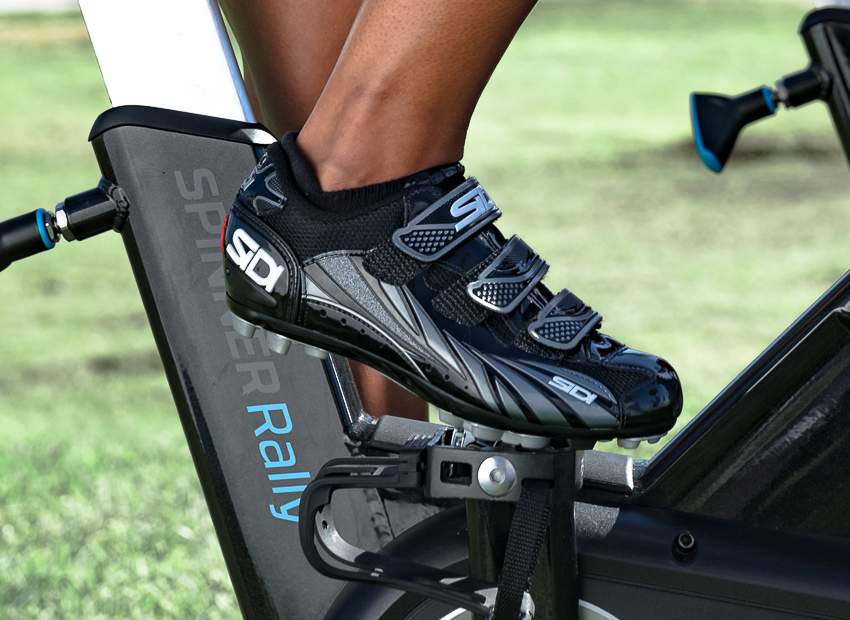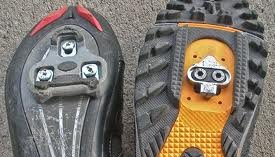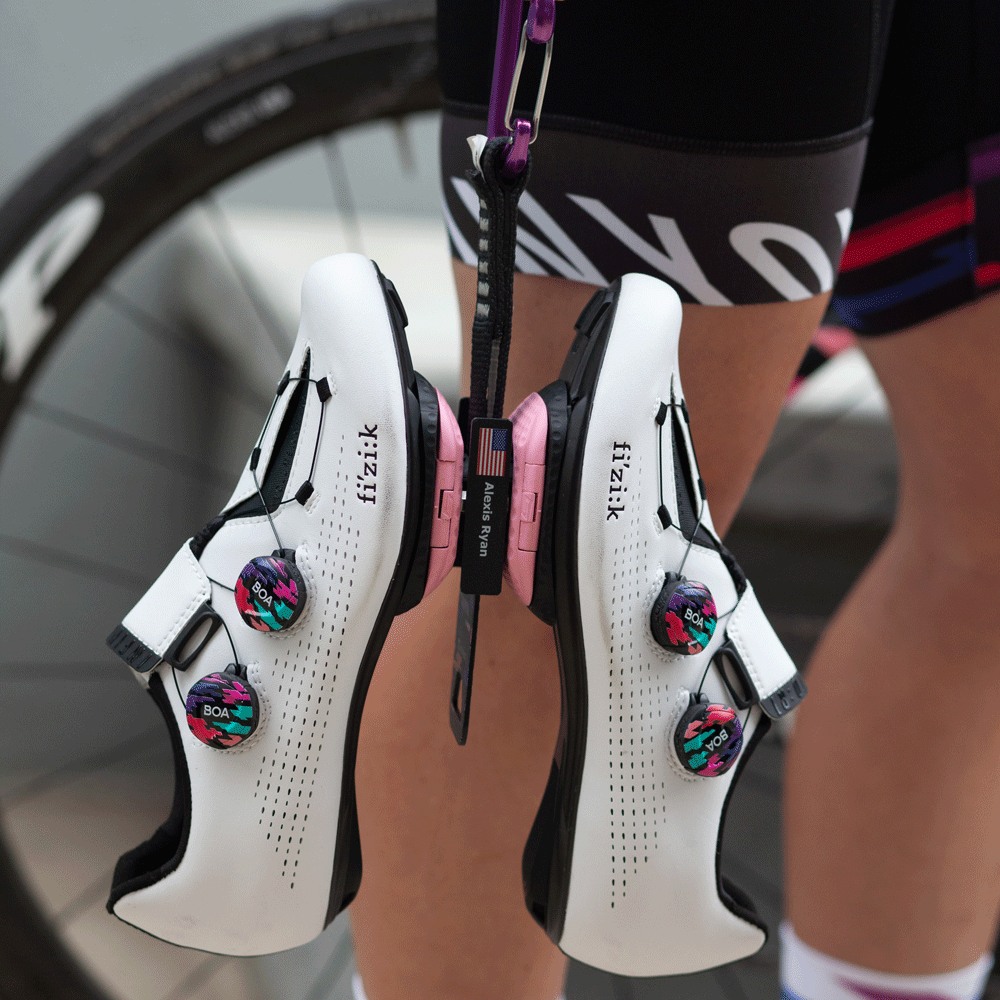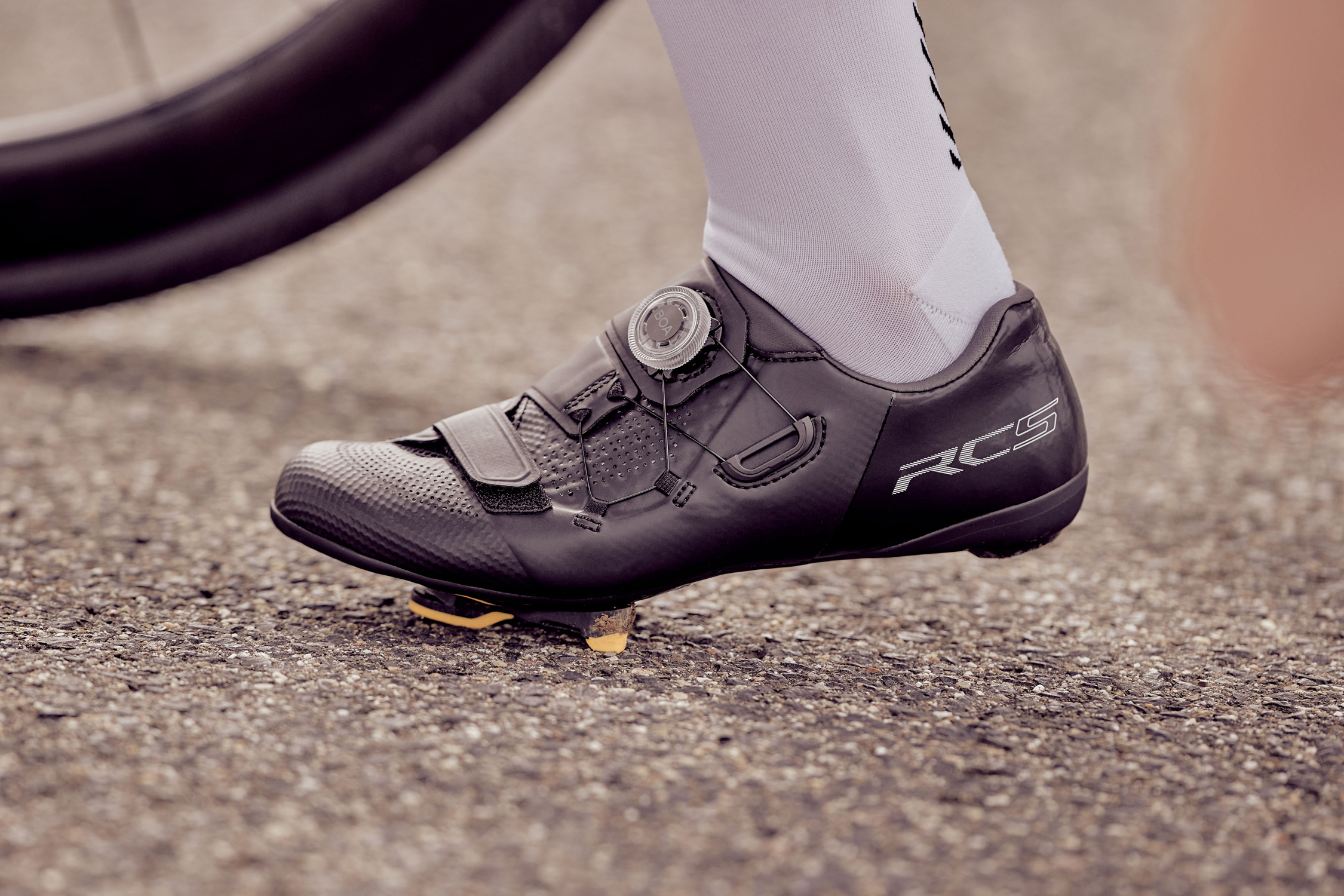How Cleats Elevate Your Cycling Shoes to the Next Level
Cycling shoes are an essential part of a cyclist’s gear, designed to provide the best possible performance and comfort during rides. One critical component that significantly enhances the functionality of these shoes is the cleat. Cleats are small, often metal or plastic devices that are attached to the soles of cycling shoes, allowing for a secure connection between the rider’s foot and the bike’s pedals. In this article, we will explore how cleats elevate your cycling shoes to the next level.

The primary advantage of cleats is the increased power transfer from the cyclist’s legs to the bike’s drivetrain. By attaching the foot to the pedal, cleats eliminate the need for the foot to constantly reposition itself, which can waste energy and reduce efficiency. This secure connection allows the cyclist to push down and pull up on the pedal, utilizing the entire muscle group and maximizing power output.

Another benefit of cleats is the improved stability and control they provide. When a cyclist’s foot is securely attached to the pedal, it reduces the risk of foot slippage, which can lead to accidents or inefficient pedaling. This stability is particularly important during high-speed rides or when navigating challenging terrains.

The right cleat system can also enhance a cyclist’s comfort during long rides. Cleats can be adjusted to fit the natural position of the foot, reducing strain on the ankle and minimizing the risk of injury. Additionally, many cycling shoes with cleats feature specialized padding and ergonomic design elements to provide a comfortable fit for various foot shapes and sizes.

In conclusion, cleats are a vital component in elevating the performance of cycling shoes. They offer increased power transfer, improved stability and control, and enhanced comfort for cyclists. Whether you’re a casual rider or a professional athlete, investing in a quality pair of cycling shoes with cleats can significantly improve your riding experience.

